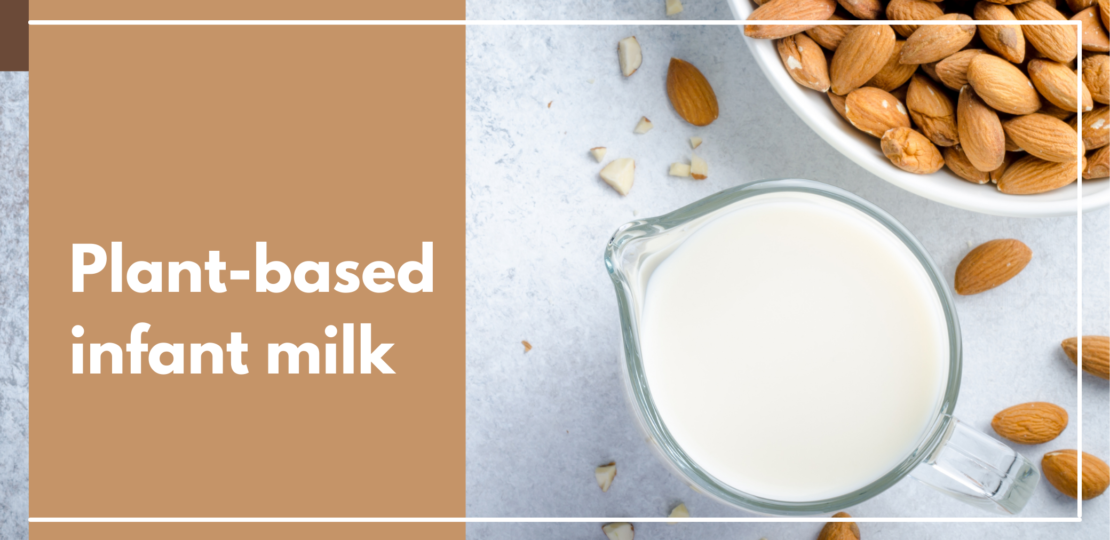Exploring the World of Plant-Based Formula Milk: Ingredients, Benefits, and Certifications
January 15, 2024 | by Connie Africano Remoroza

RELATED POSTS
View all
January 15, 2024 | by Connie Africano Remoroza

View all